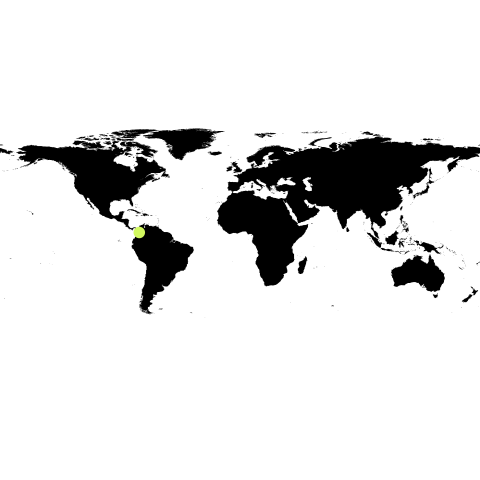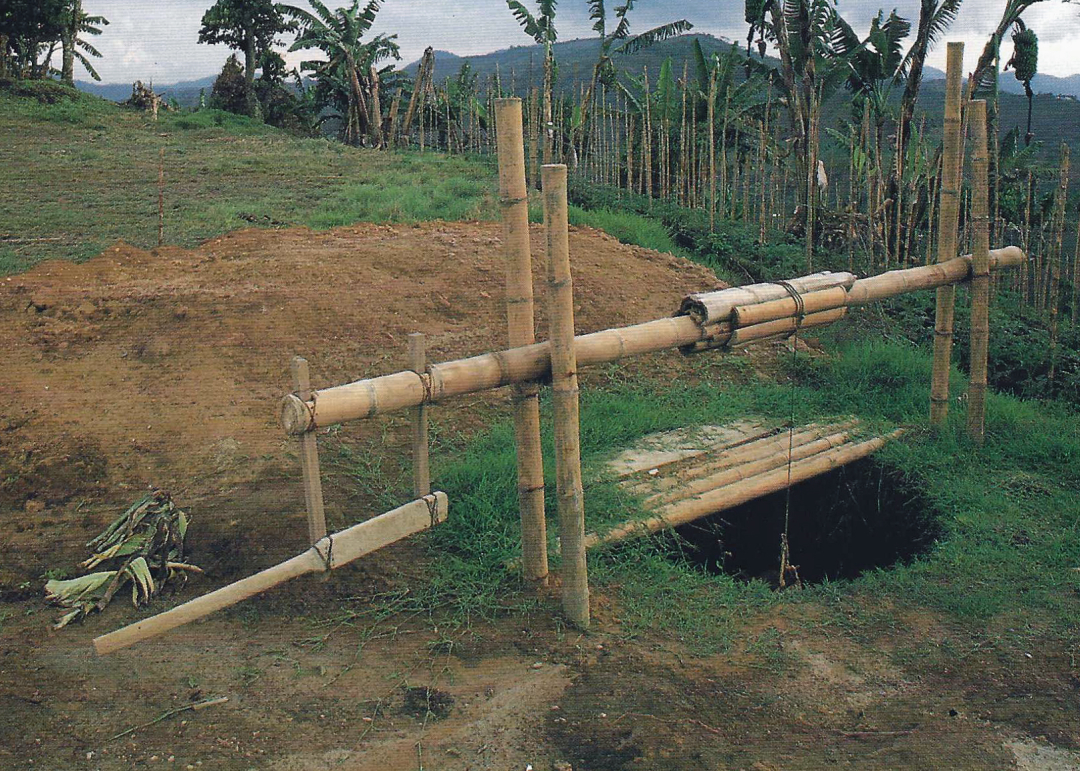Location(s)
Tags
SDG(s)
Sustainable Development Goal(s)
Powered by


SDG(s)
Sustainable Development Goal(s)
 12Responsible consumption and production
12Responsible consumption and productionPlease be aware that the content herein has not been peer reviewed. It consists of personal reflections, insights, and learnings of the contributor(s). It may not be exhaustive, nor does it aim to be authoritative knowledge.
Nombre del creador(es)
Descripción
Adjunta la imagen de tu iniciativa

Comments
Log in to add a comment or reply.